My class I'm writing is using multi threads and I have this extension method I have created for my class to raise events in a thread safe way.
static class MultiThreadHelper
{
public static object Raise(this MulticastDelegate eventToRaise, object sender, EventArgs e)
{
object retVal = null;
MulticastDelegate threadSafeMulticastDelegate = eventToRaise;
if (threadSafeMulticastDelegate != null)
{
foreach (Delegate d in threadSafeMulticastDelegate.GetInvocationList())
{
var synchronizeInvoke = d.Target as ISynchronizeInvoke;
if ((synchronizeInvoke != null) && synchronizeInvoke.InvokeRequired)
{
retVal = synchronizeInvoke.EndInvoke(synchronizeInvoke.BeginInvoke(d, new[] { sender, e }));
}
else
{
retVal = d.DynamicInvoke(new[] { sender, e });
}
}
}
//Return the value of the event invocation or null if none.
return retVal;
}
}
When my form tries to close a lingering thread is still trying to report back and it raises an event that no longer has a handler.
I end up getting the following error...
What kind of check can I run before that line error occurs? Is there anything else I can do or different approach I can take to resolve the issue?
